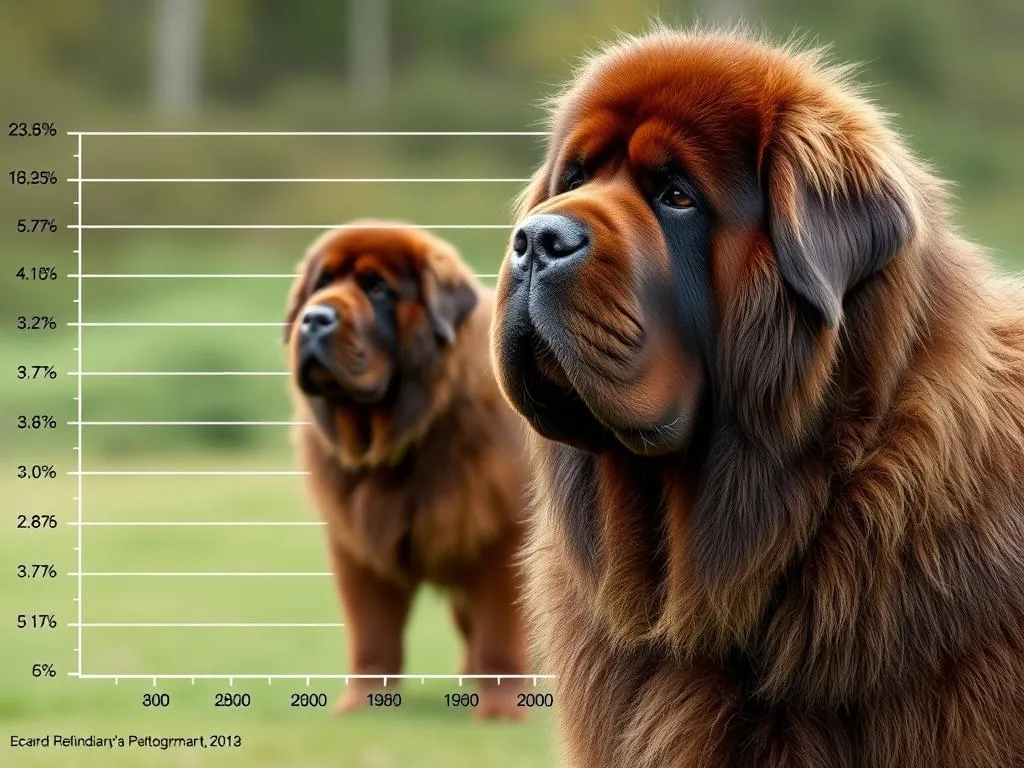
Understanding the health care needs of your dog is crucial for ensuring they lead a happy and healthy life. Newfoundland dogs are a unique breed that require special attention when it comes to their size, weight, and growth patterns. Known for their massive size and gentle disposition, these dogs have garnered popularity as both working dogs and loving family pets. However, their size comes with specific health considerations that every owner should be aware of.
Understanding Newfoundland Dogs
Breed Overview
Newfoundland dogs originated from the Canadian island of Newfoundland, where they were bred for their swimming ability and strength. These dogs are renowned for their remarkable lifeguard instincts, thanks to their webbed feet and strong, muscular build. Newfoundland dogs are typically friendly, gentle, and good-natured, making them excellent companions for families. Their temperament is characterized by loyalty and a calm demeanor, often described as “gentle giants.”
Physical Characteristics
Adult Newfoundland dogs are impressive in size, typically weighing between 100 to 150 pounds (45 to 68 kg) for males and 85 to 120 pounds (39 to 54 kg) for females. They stand around 26 to 28 inches (66 to 71 cm) tall at the shoulder. Their thick, water-resistant double coat can be black, brown, gray, or Landseer (white with black markings). Understanding these physical characteristics is essential, as they can influence the dog’s overall health and care needs.
Growth Stages of Newfoundland Dogs
Puppy Stage (0-6 months)
During the puppy stage, Newfoundland dogs experience rapid growth. At birth, they typically weigh between 1 to 2 pounds (0.45 to 0.9 kg). By six months, you can expect them to weigh around 50 to 80 pounds (22 to 36 kg). Proper nutrition is vital during this stage; high-quality puppy food with adequate protein and fat is essential for their growth.
Regular health checks and vaccinations should be prioritized in this stage to prevent common illnesses. Socialization is also crucial; expose your puppy to various environments, people, and other animals to promote well-rounded development.
Adolescent Stage (6 months – 2 years)
As Newfoundland dogs transition to adolescence, they will continue to grow, albeit at a slower rate. Most dogs will reach about 70 to 100 pounds (32 to 45 kg) by their first birthday. This is a critical period for socialization and training. Implement consistent training routines and expose them to new experiences to foster good behavior.
Health considerations during adolescence include monitoring for potential growth-related issues such as hip dysplasia and elbow dysplasia. Regular check-ups with a veterinarian can help identify these problems early.
Adult Stage (2 years and onwards)
By the time Newfoundland dogs are two years old, they should reach their full size, weighing between 100 to 150 pounds (45 to 68 kg) for males and 85 to 120 pounds (39 to 54 kg) for females. Maintaining their health and fitness is essential during adulthood. Regular exercise and a balanced diet will help prevent obesity, which is a common issue in this breed.
As they age, be aware of potential health issues such as heart problems, joint issues, and certain cancers. Regular veterinary visits become increasingly important to monitor their health.
Newfoundland Dog Size and Weight Growth Chart
Importance of a Growth Chart
A growth chart is a valuable tool for monitoring your Newfoundland dog’s development. Regular weigh-ins and health check-ups will help ensure your dog is growing at a healthy rate. Tracking their growth can also alert you to potential health concerns early on.
Sample Growth Chart
| Age (Months) | Weight Range (Pounds) | Height Range (Inches) |
|---|---|---|
| 0 | 1 – 2 | 12 – 14 |
| 3 | 25 – 35 | 18 – 22 |
| 6 | 50 – 80 | 22 – 26 |
| 12 | 70 – 100 | 24 – 28 |
| 18 | 90 – 130 | 26 – 30 |
| 24 | 100 – 150 | 26 – 32 |
This chart provides a general guideline, but remember that individual dogs may vary based on genetics, diet, and overall health.
Interpreting the Chart
When reviewing the growth chart, look for healthy growth patterns. If your Newfoundland dog is consistently below or above the expected weight range, it may indicate a health issue. Consult with a veterinarian if you notice any sudden changes or if your dog struggles to maintain a healthy weight.
Health Care Considerations
Nutrition
Feeding your Newfoundland dog a balanced diet is crucial for their overall health. Puppies require a diet rich in protein and fat, while adult dogs benefit from a balanced mix of carbohydrates, proteins, and fats. High-quality dog food specifically formulated for large breeds can help ensure your dog gets the nutrients they need.
Exercise Requirements
Newfoundland dogs are active and require daily exercise to maintain a healthy weight. Regular walks, swimming, and playtime are excellent ways to keep them engaged. However, be cautious about over-exercising puppies, as their joints are still developing. For adults, aim for at least 30 to 60 minutes of exercise daily.
Regular Veterinary Check-ups
Routine veterinary visits are essential for monitoring your Newfoundland dog’s health. Regular vaccinations, heartworm testing, and dental care should be part of their healthcare routine. Discuss a tailored health plan with your vet that considers your dog’s age, weight, and lifestyle.
Grooming and Skin Care
Grooming is an important aspect of caring for Newfoundland dogs. Their thick coat requires regular brushing to prevent matting and reduce shedding. Bathing should be done as needed, but be cautious not to over-bathe, as it can strip their coat of essential oils. Watch for common skin issues such as hot spots and allergies, which can be treated with proper care and vet consultations.
Common Health Issues in Newfoundland Dogs
Genetic Predispositions
Newfoundland dogs are prone to certain hereditary health issues, including hip dysplasia, elbow dysplasia, and heart conditions such as dilated cardiomyopathy. Responsible breeding practices can help reduce the incidence of these conditions. Always seek a reputable breeder who conducts health testing on their breeding stock.
Weight Management
Obesity is a significant concern for Newfoundland dogs due to their size and tendency to enjoy food. Maintaining a healthy weight is vital to prevent related health issues such as joint problems and heart disease. Monitor your dog’s weight regularly and adjust their diet and exercise accordingly.
Preventative Care
Preventative health measures are essential for your dog’s well-being. Regular check-ups, vaccinations, and a balanced diet are integral in preventing health issues. Additionally, consider supplements that support joint and heart health, as recommended by your veterinarian.
Conclusion
Understanding the size, weight, and health care needs of Newfoundland dogs is essential for responsible pet ownership. By keeping an eye on their growth patterns and providing proper nutrition, exercise, and medical care, you can ensure that your gentle giant lives a long, healthy, and happy life. Regular monitoring and consultations with a veterinarian will help you navigate any health concerns that may arise throughout your dog’s life.









